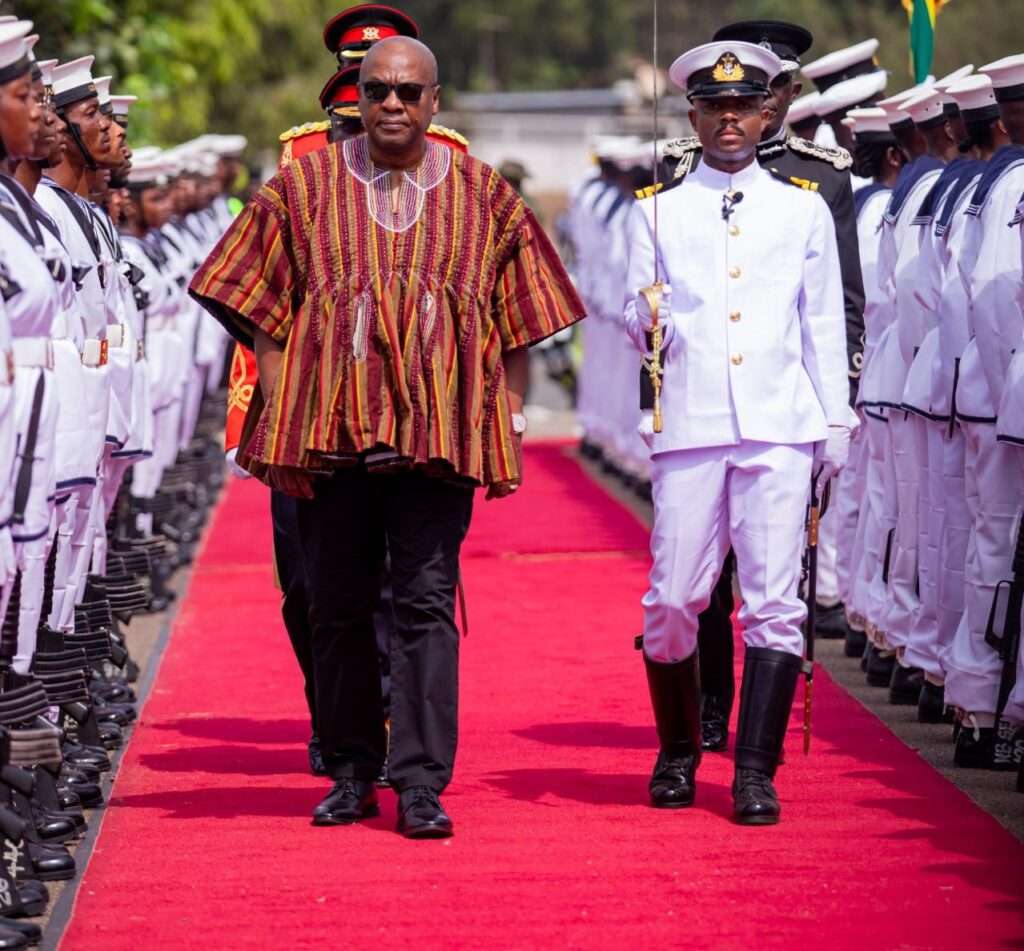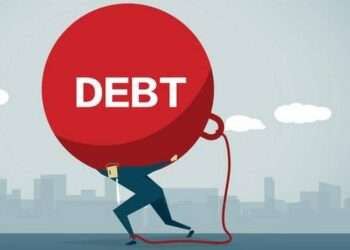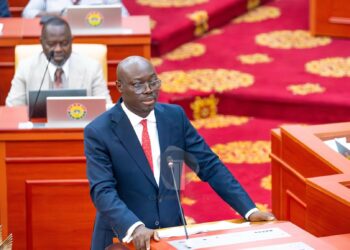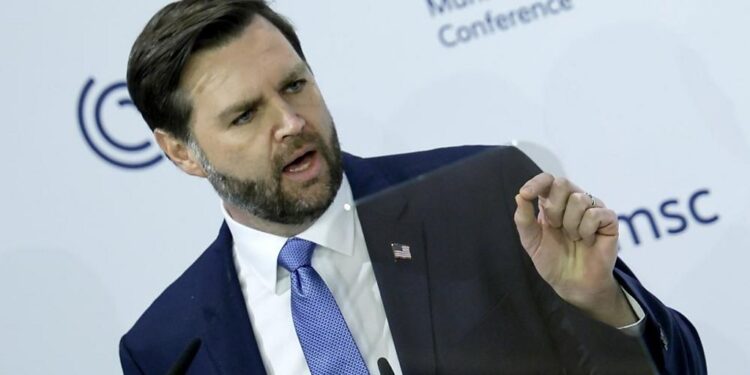In his first State of the Nation Address (SONA) since assuming office, President John Dramani Mahama has expressed grave concern over the deteriorating state of Ghana’s Sinking Fund.
The fund, which was established as a financial buffer for debt servicing, has been left in dire straits under the previous New Patriotic Party (NPP) administration.
President John Dramani Mahama noted that contrary to claims that adequate provisions were made, the latest statement of accounts painted a different picture.
“The statement of accounts for the Debt Service Reserve Account, also known as the Sinking Fund, shows a balance of only $64,000 and GHS 143 million in the dollar and Ghana cedi accounts, respectively.”
President John Dramani Mahama
“The repercussions of reckless debt accumulation and economic mismanagement will require extensive work and sacrifice to repair,” Mahama emphasized, highlighting the severe financial strain left behind.
One of the most alarming aspects of Ghana’s current economy is the unsustainable debt servicing burden. Over the next four years, the country is projected to spend GHS 280 billion on debt repayment—GHS 150 billion allocated to domestic debt servicing and GHS 130 billion for external obligations. This has put significant pressure on Ghana’s finances, limiting resources available for development.
A direct consequence of this debt crisis is the stalling of critical infrastructure projects. According to Mahama, 55 major projects remain incomplete due to Ghana’s inability to meet its debt obligations. These projects, valued at $2.95 billion, have been frozen as creditors withhold further disbursements. The delays are projected to result in cost overruns amounting to approximately GHS 15 billion, further exacerbating Ghana’s fiscal challenges.

The Domestic Debt Exchange Programme’s Legacy
President Mahama also criticized the Domestic Debt Exchange Programme (DDEP) implemented by the previous administration, calling it “the most severe and distressing economic policy in the annals of the Fourth Republic.” The DDEP, which aimed to restructure Ghana’s domestic debt, imposed significant financial distress on bondholders, including pensioners and financial institutions.
Despite implementing such drastic measures, the previous administration failed to leave sufficient reserves for debt servicing. Mahama contrasted this with his government’s approach before leaving office in 2017, when his administration allocated $250 million to the Sinking Fund to cushion debt repayment obligations.
Restoring Fiscal Stability
Amid the bleak economic outlook, Mahama assured Ghanaians that his government remains committed to restoring fiscal stability and rebuilding confidence in the economy. Key to this recovery is the upcoming review of Ghana’s economic program with the International Monetary Fund (IMF), scheduled for April 2 to April 15, 2025. The review, expected to be approved by the IMF Executive Board in June 2025, will assess Ghana’s progress in stabilizing its economy and implementing reforms.
As part of this commitment, the government has successfully met its recent debt obligations. In February 2025, it honoured the matured coupon payments of GHS 6.081 billion in cash and GHS 3.46 billion in kind to bondholders under the DDEP. Additionally, Mahama’s administration has started rebuilding buffers in the Sinking Fund to ensure the timely payment of DDEP bonds maturing in July and August.
To reassure both domestic and international stakeholders, Mahama urged Ghanaians, business owners, and foreign investors to trust in his administration’s competence in reviving the country’s economic fortunes. Since assuming office on January 7, 2025, his government has pursued a fiscal consolidation agenda by streamlining government operations, eliminating wasteful expenditures, and reducing dependence on borrowing.
These measures have already yielded positive results, particularly in reducing interest rates. The 91-day Treasury bill rate, which stood at 28.51% on January 6, 2025, has since dropped to 24.48% as of February 24, 2025. Similarly, the 182-day Treasury bill rate has declined from 29.07% to 25.388%, while the 364-day Treasury bill rate has decreased from 30.41% to 27.30%.
While Ghana’s economic challenges remain significant, Mahama’s administration is determined to navigate the country toward financial stability. By rebuilding reserves in the Sinking Fund, adopting prudent debt management strategies, and fostering economic discipline, the government seeks to restore investor confidence and drive sustainable growth.
With a renewed focus on responsible governance and fiscal prudence, Mahama remains optimistic that Ghana can overcome its economic woes and achieve long-term stability. “Notwithstanding this gloomy background, I remain committed to leading this government, taking every necessary step to reset our economy, getting things back on track, and working with the good people of our country to build the Ghana we want,” he affirmed.
READ ALSO: Greater Accra Minister Rallies Support for Region-Wide Clean-Up and Sanitation Reforms





















